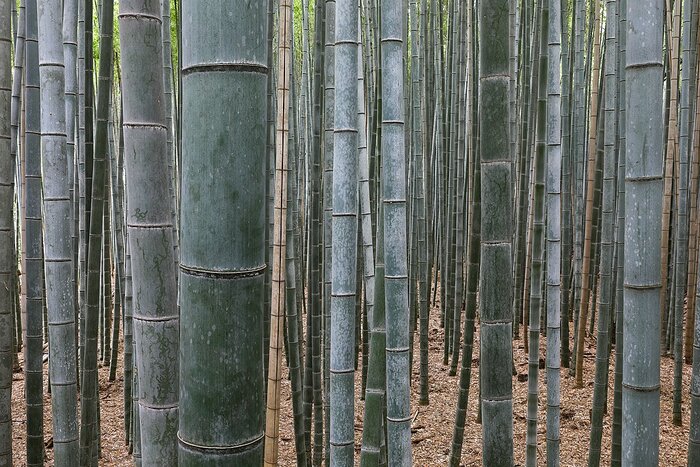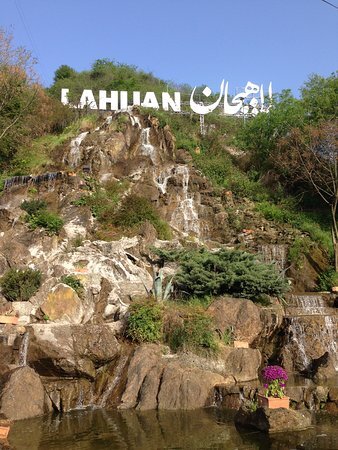Bamboo products can be used by everyone in their homes.
The history of bamboo farming in Iran and the north of the country almost dates back to the beginning of tea cultivation, which was used to protect tea gardens, and tea workers picked and used this plant at the same time as harvesting tea plants.
Bamboo is a plant that is cultivated in regions with a humidity of 65 to 95 percent, and Lahijan city is one of its origins and related handicrafts.

Bamboo has a similar smell to corn. One of its advantages is the absorption of ambient carbon dioxide.
Referring to the naming of September 18 as the World Bamboo Day in the world, a member of the International Society of Bamboo Researchers reiterated that, "Bamboo cultivation has a 100-year history in Iran and Lahijan city and the villages of Layalestan and Seda Poshteh Rural Districts are the origin of its production and handicrafts in the country."
He considered the annual value of bamboo world trade about 60 billion dollars and pointed to the role of Lahijan as Iran's capital of Bamboo in the breeding of this agricultural product in the Iranian economy, adding, "Lahijan can be raised in the field of handicrafts and bamboo byproducts in Iran and the world with more accurate planning."

Lahijan County with more than 167,000 inhabitants is situated 40 kilometers east of Rasht in Gilan Province, Iran.
Translated by Amin Mohammadzadegan Khoyi
Edited by Hamid Shamlou
3266**2050
Follow us on Twitter @IrnaEnglish
IRNA English solhkhabar | Peace International News Agency Peace International News Agency , Peace News , International Agency News of Peace
solhkhabar | Peace International News Agency Peace International News Agency , Peace News , International Agency News of Peace